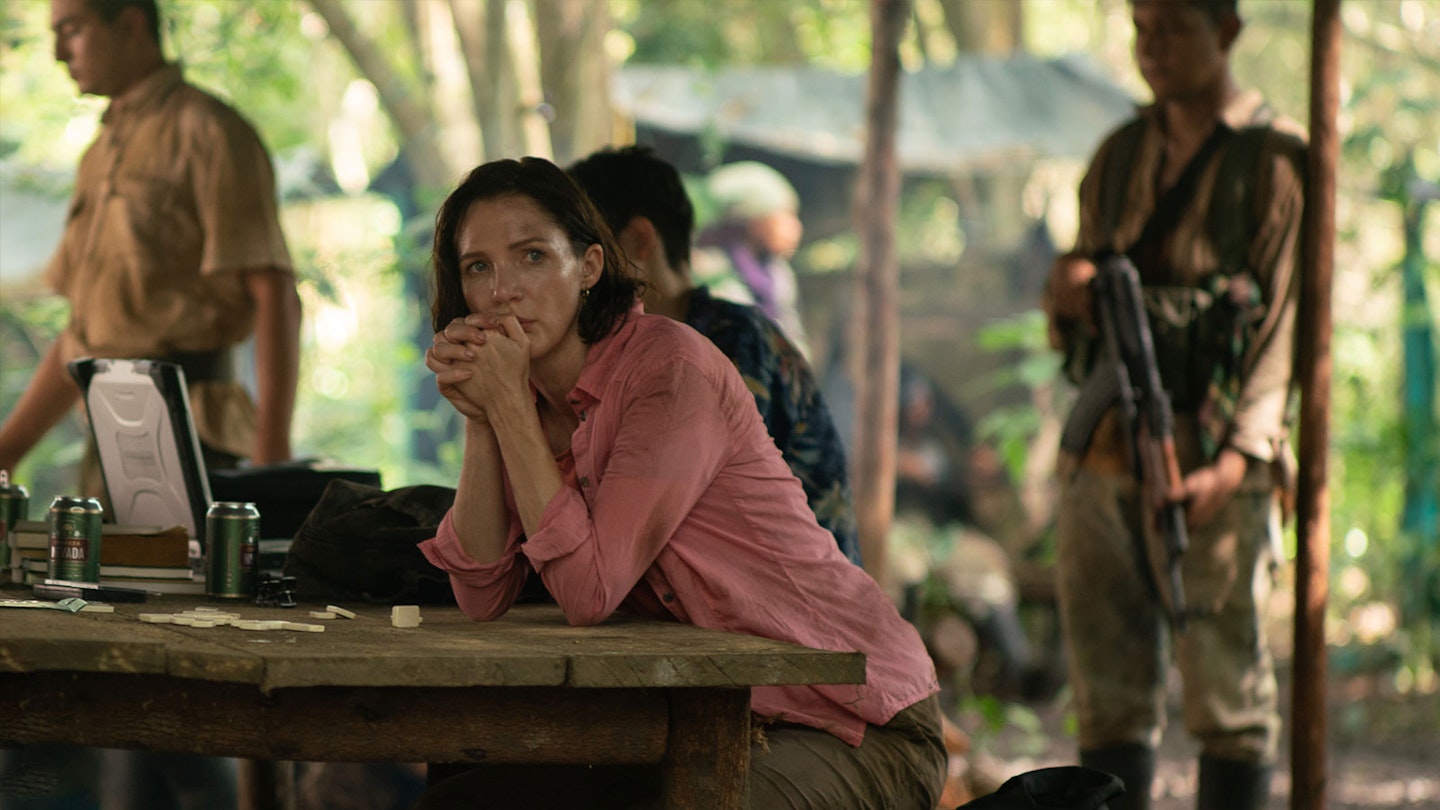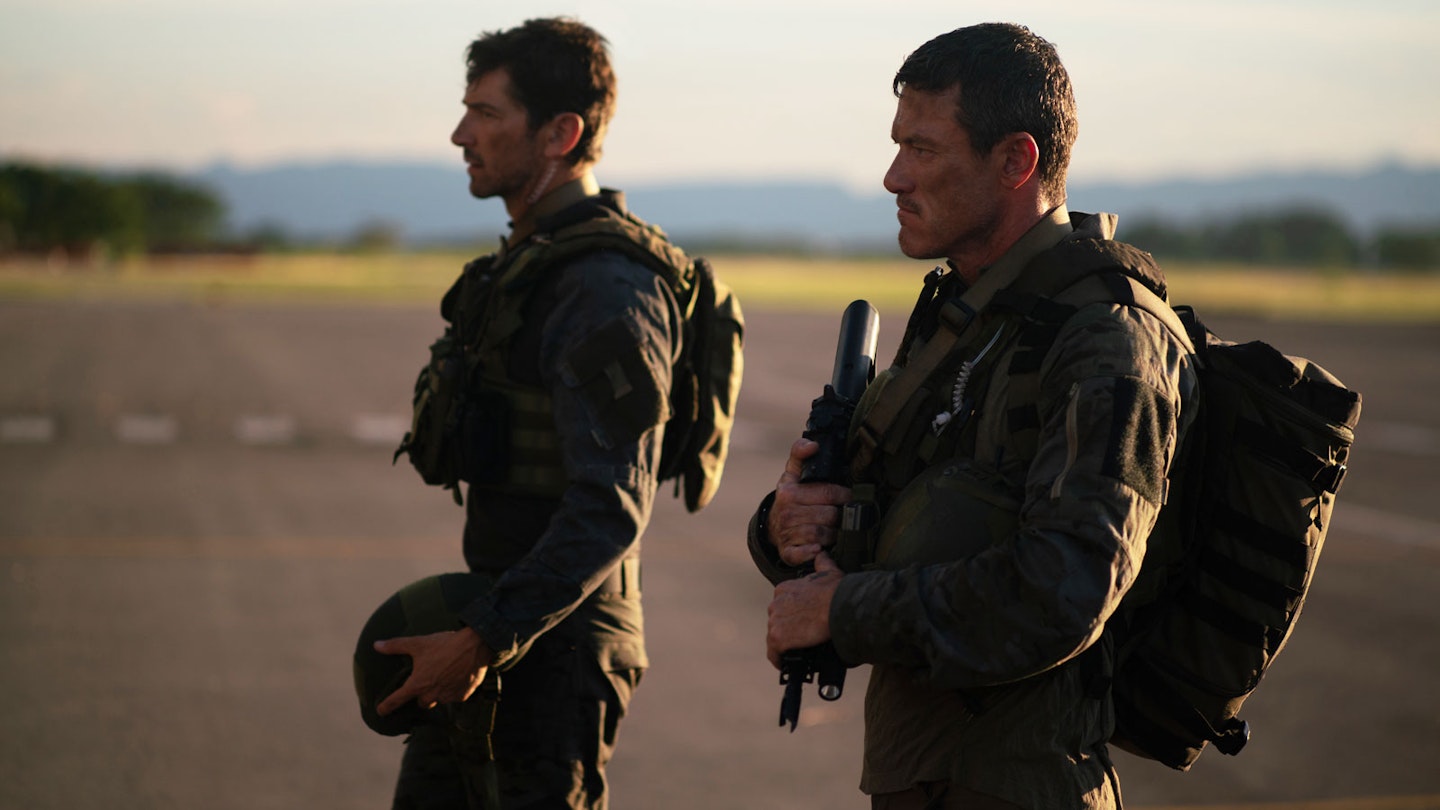Streaming on: Apple TV+
Episodes viewed: 5 of 10
“This isn’t Jason Bourne,” says a character in an early episode of Echo 3. It feels like a pointed observation, and an unusually meta piece of writing for a show that generally leans towards groundedness. But it’s true: this is not Jason Bourne. While at first glance it might seem to share some tough-as-nails DNA with the famed rogue CIA spook, there are more lofty ambitions at play here, a project far more couched in realism and modern-day international politicking.
The series was created by Mark Boal, a war reporter-turned-double-Oscar-winner for Zero Dark Thirty and The Hurt Locker, working with director Kathryn Bigelow. Boal and Bigelow took a journalistic approach to those films, with scripts buoyed by deep research and a holistic look at how the geopolitical context impacts the characters. You sense that approach everywhere here, even though it is an adaptation of the original Israeli drama When Heroes Fly.

That transfer means this hard-bitten story — about high-profile kidnapping, the military-industrial complex, and the deep-seated effects of US imperialism in South America — takes on an entirely new meaning with American characters taking the lead. Boal’s viewpoint is cynical and complex, offering a bleak view of US foreign policy, and there’s not much room for sunniness or texture in its tone.
Yet, impressively, it’s all couched in a deeply human story. The trio of lead actors do decent work with tricky, sombre roles, selling the intensity and anxiety of getting lost in an unfamiliar land. Luke Evans, in particular, is quietly revelatory, disappearing into a Southern accent and a Rambo-style militarism, a world away from his Strictly Come Dancing crooning.
The might of Apple’s deep pockets means production values are staggeringly high.
Any worries, too, that the South-American setting might be window-dressing for an American-centric story are swiftly assuaged: Martina Gusmán, as a prominent political journalist in Colombia with her own history of kidnapping, offers a different perspective, and the show is unafraid to spend long stretches without a single word spoken in English. Even the Colombian rebels are given a rounded view, showing them as political revolutionaries: violent and dangerous, yet still politically canny enough to worry about “losing the media narrative”. As well as directing the odd episode himself, Boal also recruits South-American directors — Pablo Trapero takes on four of the ten; Oscar-nominated Claudia Llosa helms Episode 3, a standout — who are able to bring certain nuances of the region that other filmmakers might miss.
That directing is astonishingly strong across the board, in fact — especially in the many fiery set-pieces, which include a mountain-top hostage rescue versus the Taliban and a jungle offensive with what seems like the entire Colombian military. The might of Apple’s deep pockets means production values are staggeringly high. But even in a firefight, Boal’s intelligent writing rarely loses focus on the bigger picture.
